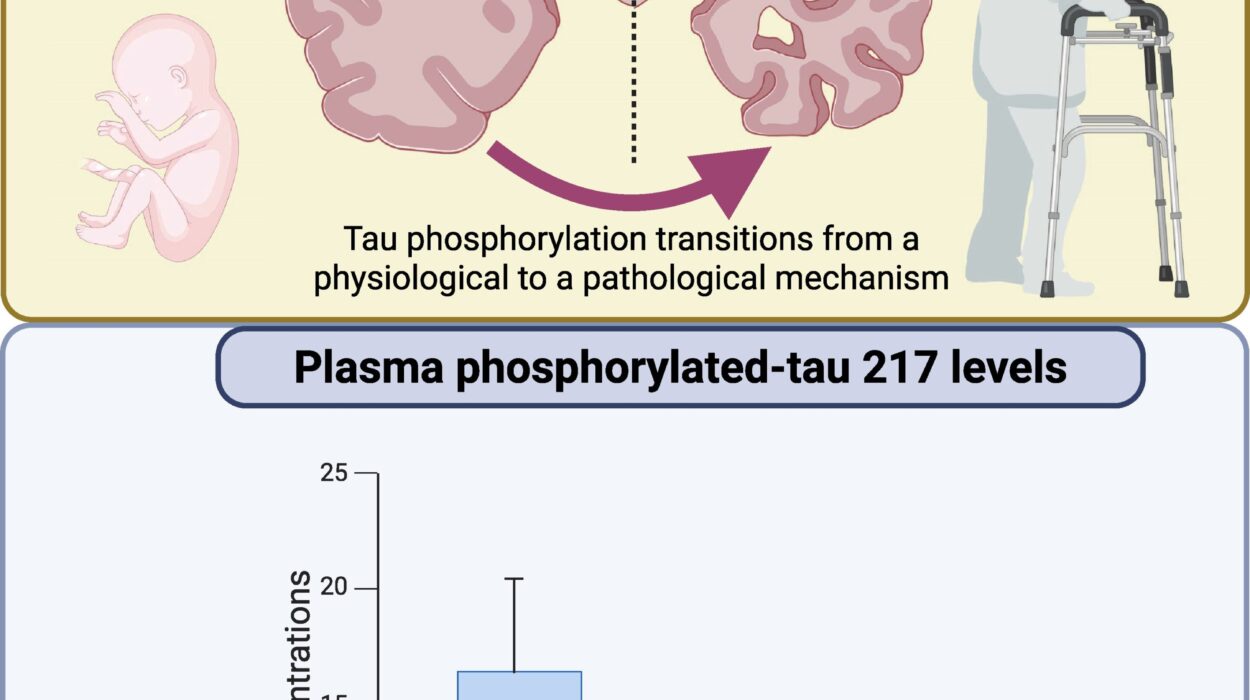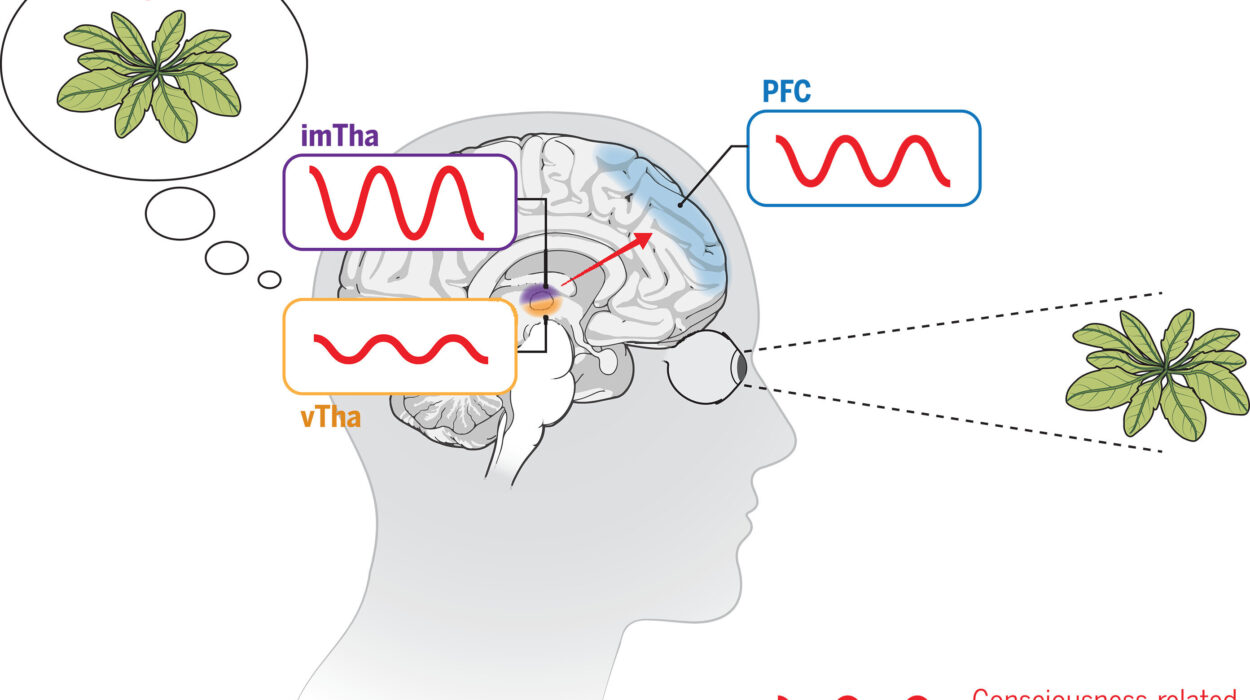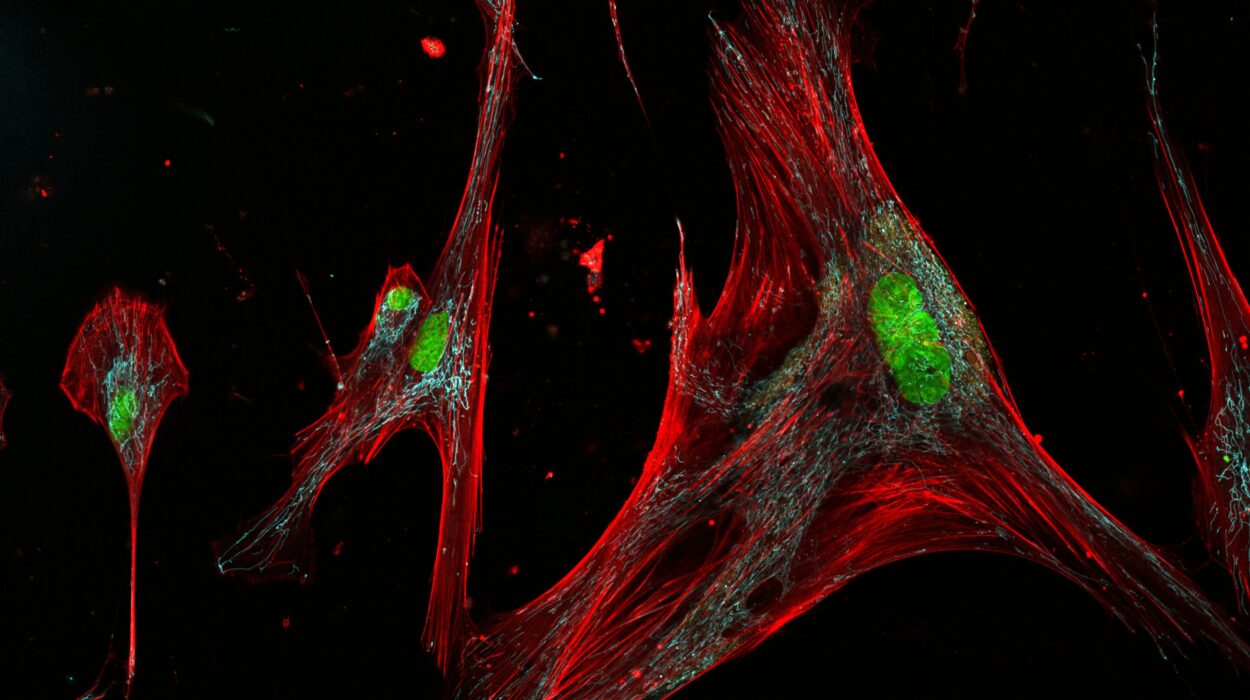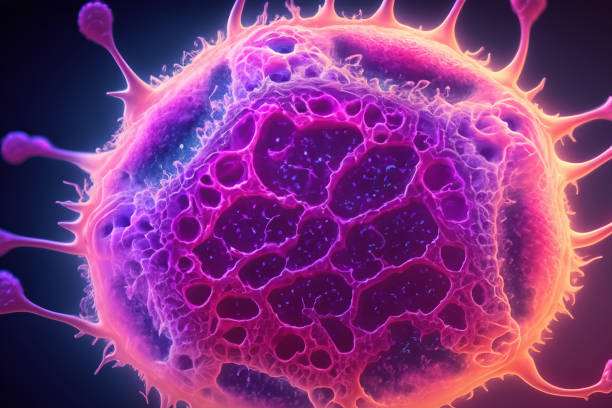It often starts with something small. You wake up the morning after an intimate night feeling… different. At first, it’s just a faint twinge, an almost imperceptible discomfort when you use the bathroom. But within hours, the sensation grows sharper — a burning ache that makes every trip to the toilet feel like an ordeal. You drink more water, hoping to flush it away. You shift in your seat, trying to ignore it. But soon, the urgency comes in waves, pulling you toward the bathroom over and over, sometimes with nothing more than a few painful drops to show for it.
For millions of people — especially women, though men are not immune — this is an all-too-familiar story. A urinary tract infection (UTI) is one of the most common bacterial infections in the world, and for many, sexual activity is a recurring trigger. The irony is cruel: something as natural, pleasurable, and intimate as sex can, for some, be followed by days of discomfort, antibiotics, and frustration.
If you’ve ever found yourself asking, “Why do I get UTIs after sex?” — you’re not alone. The answer is complex, involving biology, anatomy, behavior, and sometimes sheer bad luck. But understanding the “why” is the first step to preventing these infections, reclaiming confidence, and protecting your long-term urinary health.
What Exactly Is a UTI?
At its core, a urinary tract infection is exactly what it sounds like — an infection anywhere in your urinary system, which includes the urethra (the tube that carries urine out of the body), the bladder (where urine is stored), the ureters (tubes from the kidneys to the bladder), and the kidneys themselves. Most UTIs affect the lower urinary tract — the bladder and urethra — and are called cystitis (bladder infection) or urethritis (urethral infection). When bacteria climb higher into the kidneys, the infection becomes more serious, sometimes even life-threatening.
The urinary tract is normally sterile, meaning it’s free of bacteria or other microorganisms. The body has multiple defenses to keep it that way, from the regular flushing effect of urination to specialized immune system cells. But sometimes bacteria manage to breach these defenses — and sexual activity can create just the right conditions for that to happen.
Why Sex Can Lead to UTIs
The simplest explanation comes down to mechanics. During sex, physical contact can push bacteria — especially Escherichia coli (E. coli), which live harmlessly in the intestines — toward and into the urethra. Once inside, these bacteria can travel upward into the bladder. Because the female urethra is short (about 4 centimeters) and located close to both the vaginal and anal openings, bacteria have a relatively short and easy journey.
But there’s more than just anatomy at play. Friction during intercourse can cause tiny irritations to the urethral lining, making it easier for bacteria to attach and multiply. Certain sexual practices, positions, or extended sessions may increase this risk simply by creating more opportunities for bacteria to be introduced.
It’s important to understand: getting a UTI after sex doesn’t mean you or your partner are “dirty” or unhygienic. These infections are a matter of bacterial movement and opportunity, not personal cleanliness.
The Role of “Honeymoon Cystitis”
The link between sex and UTIs has been known for centuries. In fact, doctors once used the term “honeymoon cystitis” to describe the bladder infections many women developed shortly after getting married — often because they were having frequent sex for the first time. While the phrase has fallen out of medical favor (and thankfully, so has the outdated assumption that marriage is the start of sexual activity), the phenomenon it describes is real.
For some people, it’s not just the frequency of sex that matters, but the pattern. If your urinary tract is particularly sensitive, even occasional intercourse can be enough to tip the balance in favor of bacterial overgrowth.
Hormones and UTI Susceptibility
Estrogen plays an important role in maintaining the health of the urinary tract, especially in women. It helps preserve the thickness and elasticity of the urethral and bladder lining and supports the growth of beneficial vaginal bacteria, such as Lactobacillus, which can crowd out harmful bacteria. After menopause, estrogen levels drop, making UTIs more likely.
Similarly, hormonal fluctuations during the menstrual cycle, pregnancy, or while taking certain contraceptives can subtly change the urinary tract’s defenses, sometimes making post-sex UTIs more common.
Partner-Related Factors
It’s easy to think of UTIs as purely an individual problem, but sometimes your partner’s biology or habits play a role. A partner who carries high levels of bacteria on their skin, in their genital area, or in their mouth (if oral sex is involved) can inadvertently transfer more bacteria during intimacy. Uncircumcised male partners can harbor bacteria beneath the foreskin, and certain lubricants or condoms can irritate the urethra, increasing susceptibility.
This doesn’t mean your partner is “at fault,” but recognizing that UTI prevention is sometimes a two-person effort can be an important step in breaking the cycle.
When UTIs Become Recurrent
For some people, a post-sex UTI is an occasional nuisance. For others, it becomes a maddening cycle: every time they have intercourse, the infection returns within days. Doctors define recurrent UTIs as two or more infections within six months or three or more within a year.
The reasons for recurrence vary. Some individuals have urethras that are simply more prone to bacterial colonization. Others may have subtle anatomical differences, like a slightly shorter urethra or a bladder that doesn’t fully empty. In some cases, bacteria hide in the bladder lining, forming tiny colonies that evade both antibiotics and the immune system, only to flare up later.
The Emotional Toll
While the physical discomfort of a UTI is undeniable, the emotional impact is often underestimated. People who experience recurrent infections may start to dread intimacy, associating sex with pain and inconvenience. The constant need for antibiotics can bring its own anxiety, from concerns about side effects to fears of antibiotic resistance.
The frustration can also strain relationships. Some partners misunderstand the cause of UTIs, leading to awkward conversations or misplaced blame. Others may feel guilty or hesitant to initiate intimacy. Over time, this can erode sexual confidence and closeness.
Acknowledging the emotional dimension of UTIs is important because prevention and treatment are not just about killing bacteria — they’re also about restoring a sense of safety, comfort, and pleasure.
How the Body Fights Back
To appreciate prevention strategies, it helps to understand the body’s defenses. Every time you urinate, you’re essentially “rinsing” your urethra, flushing out stray bacteria before they can settle in. The bladder lining produces protective proteins that make it harder for bacteria to stick. Immune cells patrol the urinary tract, ready to attack invaders.
But these defenses can be overwhelmed, especially after the influx of bacteria during sex. That’s why simple steps like urinating soon after intercourse can help — you’re restoring the natural rinse cycle at a moment when it’s most needed.
Preventing UTIs After Sex
For those prone to post-sex UTIs, prevention is a layered strategy. Staying well-hydrated keeps urine flow steady. Gentle cleansing of the genital area before and after sex can reduce bacterial transfer without disrupting the natural balance of skin and vaginal bacteria. Urinating shortly after intercourse helps clear bacteria from the urethra before they reach the bladder.
Choosing lubricants and condoms that are hypoallergenic and free of irritating chemicals can minimize urethral inflammation. In some cases, a doctor may prescribe a single dose of antibiotics to be taken immediately after sex — a targeted approach that can reduce recurrence without overusing medication.
Myths That Need to Go
When it comes to UTIs, misinformation is common. Some believe cranberry juice is a cure-all; in reality, while certain cranberry compounds may help prevent bacterial adhesion, the effect is mild and inconsistent. Others think only women get UTIs, but men — especially those who are uncircumcised or have prostate issues — can and do experience them.
And perhaps the most harmful myth: that UTIs after sex are a sign of promiscuity or poor hygiene. They are not. They are a common, well-documented medical condition, and anyone with the right combination of anatomy and circumstances can get them.
When to Seek Medical Help
Most UTIs, if caught early, are treatable with a short course of antibiotics. But delaying treatment can allow bacteria to spread upward to the kidneys, causing fever, back pain, and potentially serious complications. If you notice blood in your urine, severe pelvic pain, or symptoms that persist despite self-care, it’s time to see a healthcare provider promptly.
Looking to the Future
Research into UTI prevention is ongoing, with promising approaches including vaccines, probiotics targeted to the urinary tract, and non-antibiotic therapies that block bacterial adhesion. The hope is to one day make recurrent UTIs — especially those triggered by sex — a preventable relic of the past.
Until then, knowledge is power. Understanding your body, your risk factors, and your options for prevention can turn a cycle of pain and frustration into one of confidence and control.
Reclaiming Pleasure Without Fear
Sex is one of life’s great joys, a blend of physical pleasure, emotional intimacy, and human connection. UTIs don’t have to steal that away. With awareness, preventive habits, and open communication — both with partners and with healthcare providers — it’s possible to enjoy intimacy without dreading its aftermath.
Your body is not betraying you; it’s asking for a little extra care. By listening to its signals and protecting its natural defenses, you can honor both your health and your desires.






